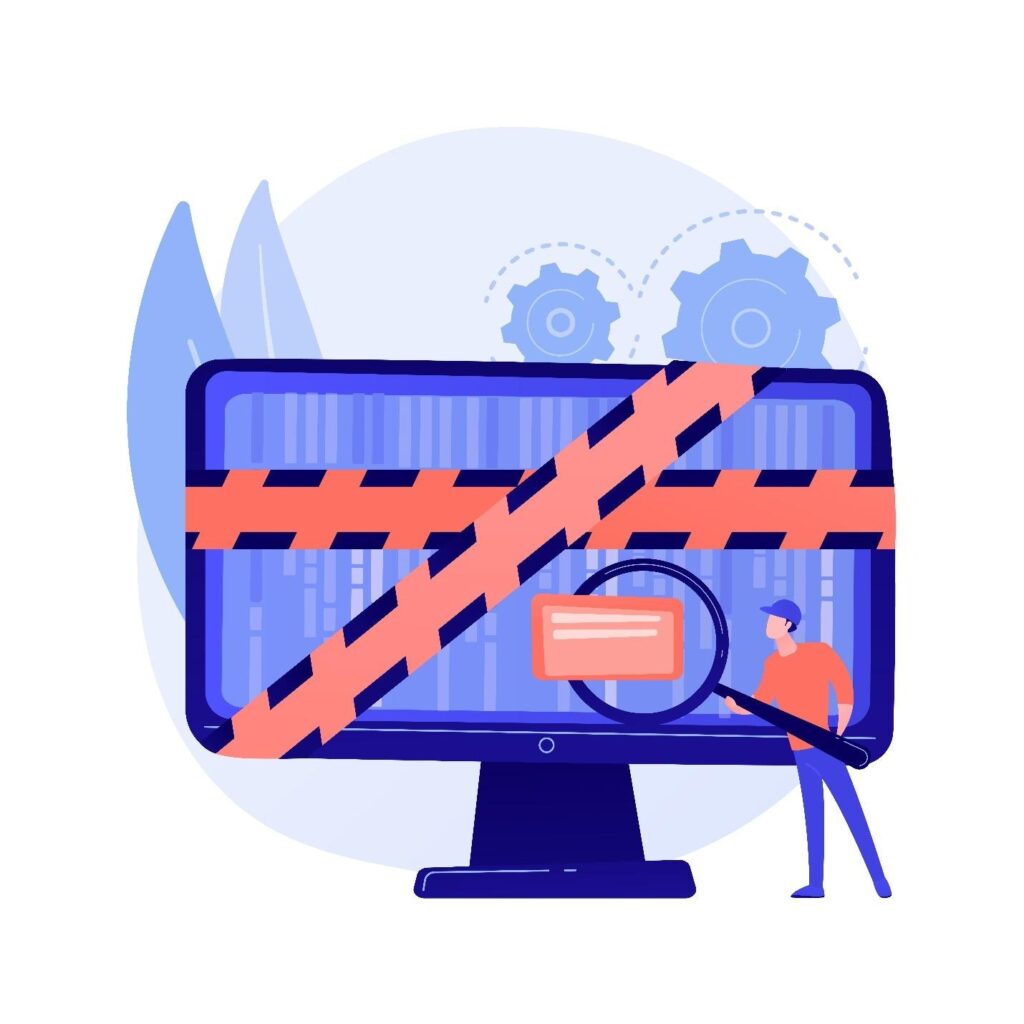The role of an information security analyst has gained massive importance across industries due to more sophisticated cyber attacks. Businesses of all sizes rely on these professionals to safeguard sensitive data, maintain compliance, and prevent costly breaches.
If you’re curious about what this career entails, how to enter the field, and what skills are required, this guide will walk you through everything you need to know.
Why the Role of an Information Security Analyst Matters
Cybersecurity isn’t just a technology concern anymore; it’s a core business priority. According to industry studies, data breaches cost companies millions in lost revenue, reputational damage, and regulatory fines. This creates a clear issue that organizations face: growing risks, but often lack the in-house expertise to counter threats effectively.
Think of ransomware shutting down hospitals, phishing schemes targeting employees, or identity theft hitting customers. Every breach highlights the urgent need for specialists who can detect, mitigate, and prevent attacks.
Here’s the solution: hiring or becoming an information security analyst. These professionals act as the guardians of digital infrastructure, ensuring systems stay resilient against evolving threats.
What Does an Information Security Analyst Do?
At its core, this role is about protecting data and digital assets. But in practice, the day-to-day tasks can vary depending on the organization. Common responsibilities include:
- Monitoring systems: Keeping an eye on network traffic and security tools to spot suspicious activity.
- Incident response: Investigating breaches, identifying vulnerabilities, and implementing fixes.
- Policy development: Designing and enforcing security protocols that align with compliance standards.
- Risk assessment: Conducting regular audits and penetration tests to evaluate system defenses.
- Training staff: Educating employees on best practices to reduce human error, one of the leading causes of breaches.
Put simply, information security analysts serve as the first line of defense against cybercrime.
Career Path for Information Security Analysts

If you’re considering entering this profession, here’s how the typical career trajectory looks:
Education and Certifications
- Bachelor’s degree: Most roles require a degree in computer science, information technology, or a related field.
- Certifications: Industry-standard certifications such as CompTIA Security+, CISSP, CEH (Certified Ethical Hacker), or CISM can significantly boost employability.
Entry-Level Roles
Many professionals start as IT technicians, network administrators, or junior security specialists. These positions provide hands-on experience with systems and networks.
Mid-Level Positions
After gaining 3–5 years of experience, analysts often move into senior security roles, leading incident response teams or specializing in areas like cloud security or digital forensics.
Advanced Roles
The career ladder can lead to titles such as Security Engineer, Security Architect, or even Chief Information Security Officer (CISO).
Essential Skills for Information Security Analysts
Technical Competencies
- Networking knowledge: Understanding TCP/IP, firewalls, and intrusion detection systems.
- Programming: Familiarity with languages like Python, C++, or Java helps in writing scripts and analyzing malware.
- Cloud security: With businesses moving to platforms like AWS and Azure, securing cloud environments is crucial.
Soft Skills
- Analytical thinking: The ability to assess complex problems and find effective solutions.
- Communication: Explaining risks and solutions in non-technical language for executives and staff.
- Attention to detail: Catching small anomalies that could signal major breaches.
How to Become an Information Security Analyst
This is one of the most common questions asked by aspiring professionals. The roadmap is straightforward:
- Get the right education – A degree in computer science, cybersecurity, or IT is highly valuable.
- Earn certifications – Security+, CEH, or CISSP are highly respected across industries.
- Build hands-on experience – Internships, labs, and entry-level IT jobs are stepping stones.
- Stay updated – Cybersecurity evolves rapidly. Following industry news, joining professional forums, and attending workshops are vital.
Challenges Faced by Information Security Analysts
- Evolving threats: Hackers constantly innovate new methods.
- Resource constraints: Many companies underestimate the budget needed for strong security.
- Work stress: Analysts often deal with high-pressure environments, especially during a breach.
Despite these challenges, the career offers high job security, excellent salaries, and immense growth potential.
How Tambena Consulting Helps Aspiring and Current Security Analysts
At Tambena Consulting, we understand that both businesses and professionals need the right resources to thrive in the cybersecurity landscape. Here’s how we help:
- Training Programs: Our expert-led workshops cover everything from network security to ethical hacking.
- Business Solutions: For companies, we provide managed security services, vulnerability assessments, and compliance support.
- Continuous Learning: Through webinars and consulting sessions, we ensure our clients stay ahead of industry changes.
Whether you want to become an information security analyst or strengthen your company’s defenses, Tambena Consulting is your trusted partner.
Conclusion
The role of an information security analyst is more vital than ever in our interconnected world. With the right education, skills, and support, you can build a rewarding career protecting businesses from cyber threats. Organizations, too, must prioritize security to protect their digital assets, and that’s where expert partners like Tambena Consulting can make a difference.
If you’re ready to take the next step in your cybersecurity journey, reach out to Tambena Consulting today and secure your future in the digital landscape.
FAQs
1. How to become an information security analyst?
Start with a degree in IT or computer science, gain relevant certifications (like Security+ or CISSP), and build hands-on experience through internships or entry-level jobs.
2. What do information security analysts do?
They monitor, detect, and respond to cyber threats, design security policies, conduct risk assessments, and train employees.
3. Is information security a good career?
Yes. With rising cyber threats, the demand for skilled professionals is growing rapidly, offering job security and high salaries.
4. What certifications do information security analysts need?
Popular certifications include CompTIA Security+, CISSP, CEH, and CISM.
5. Do information security analysts need programming skills?
While not always mandatory, programming knowledge can help in tasks like writing security scripts and analyzing malware.
6. Can I become an information security analyst without a degree?
It’s possible with strong certifications, experience, and demonstrable skills, though many employers still prefer a bachelor’s degree.
7. How much do information security analysts earn?
Salaries vary by location and experience, but the average annual pay in the U.S. is between $85,000–$120,000.
8. How can Tambena Consulting help me in my career?
Tambena Consulting offers tailored training, certification guidance, and career mentorship, helping you excel in the field.






